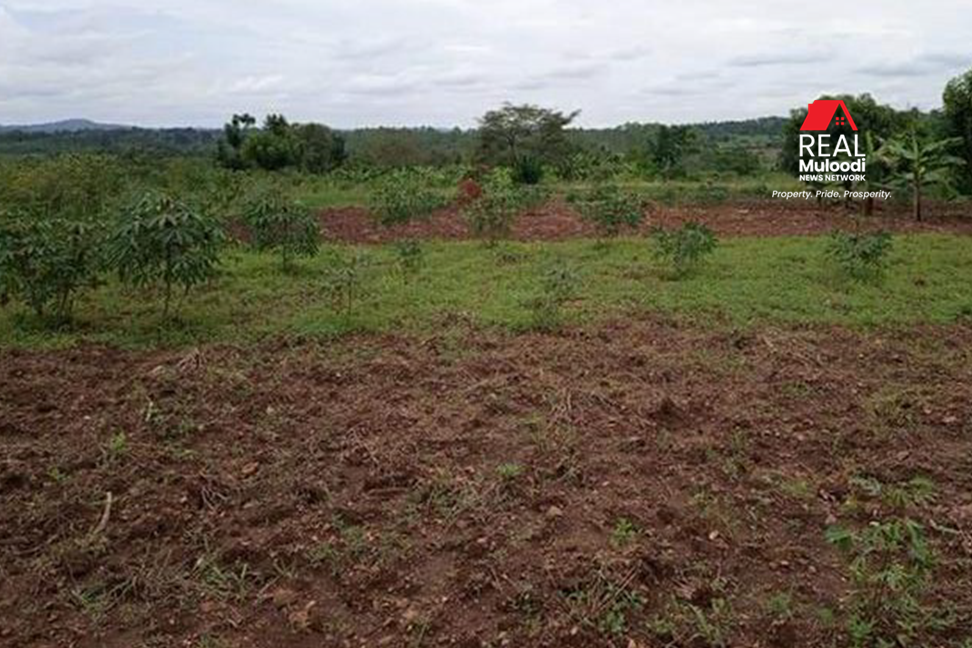UGANDA, Kampala | Real Muloodi News | The government of Uganda has proposed a significant tax reform through the Income Tax Amendment Bill 2024, suggesting the imposition of a 5% withholding tax on gains from land sale transactions in cities and municipalities, along with the sale of rental property and shares in private companies. This proposal aims to enhance tax collections and streamline revenue generation mechanisms.
Taxpayers will be required to remit the tax to the Uganda Revenue Authority (URA) within 15 days after disposing of the assets, failure of which may result in fines.
The proposed tax measure has drawn mixed reactions from various stakeholders, particularly those in the real estate sector.
Shirley Kongai, the president of the Association of Real Estate Agents Uganda (AREA-U), expressed concerns about the potential negative impact of the proposed tax on property developers and investors.
She stated, “Tax on property and land affects the common man because it affects the prices of real estate. If that tax affects the cost of construction, when time comes for me to sell that property, I will pass on the burden to the end-user.”
Sophie Kayemba, a senior manager at Pricewaterhouse Coopers (PwC) Uganda, highlighted the broader implications of the proposed tax, stating, “If this amendment is passed, it means that if you sell your personal assets such as your house, land, bed, chairs, car, kitchenware, etc., the buyer will be required to withhold 5% on the gross amount payable to you and remit it to URA on your behalf.”
James Galabuzi, the chairperson of the Landowners Association of Uganda, raised concerns about potential double taxation, citing existing taxes such as stamp duty imposed on property sales.
He warned that imposing additional taxes on property transactions could lead to tax evasion practices among sellers, ultimately undermining revenue collection efforts.
Vincent Agaba, the managing director of Avarts Housing Limited, emphasised the need for compliance with statutory obligations while urging the government to reconsider the proposed tax measure.
He stated, “Our sector is currently overtaxed with taxes such as rental income tax, ground rate, VAT, property rate, and stamp duty. Imposing withholding tax on property sold will be the last straw that will break the camel’s back.”
Catherine Nanteza, the AREA-U director of publicity, raised concerns about the enforcement challenges associated with the proposed tax measure, particularly regarding the collection and remittance of withholding tax from individual asset buyers.
She emphasised the importance of regulatory frameworks in ensuring transparency and accountability within the real estate sector.
In response to the proposed tax measure, Ibrahim Bbosa, URA’s spokesperson and assistant commissioner of public and corporate affairs, clarified that the Income Tax Amendment Bill is not a new tax but a reintroduction of a previous proposal.
He explained, “This tax measure was proposed three years ago but failed to be passed by Parliament. It is just being re-tabled with a thinking that Ugandans are more appreciative when it comes to meeting their tax obligations.”
The proposed tax measure on land sale gains reflects the government’s efforts to enhance revenue mobilisation and fiscal sustainability.
However, it also raises concerns among stakeholders about its potential impact on property developers, investors, and the broader economy.
As parliamentary committees scrutinise the proposed bill, further discussions and consultations are essential to address stakeholders’ concerns and ensure effective tax policy implementation.
READ MORE LIKE THIS:
Jinja City Faces Budget Reduction Due to Property Tax Collection Challenges
Mbarara City Council Proposes Introduction of New Development Permission Tax



